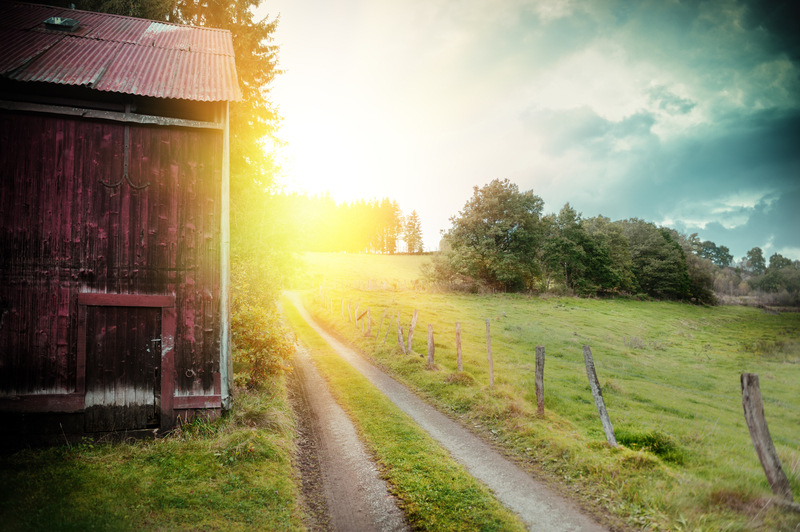Deciding to become more survivalist oriented or to become a homesteader demands you rely on advice from those who have gone down this path before you.
This is one area where even the extremely lucky run huge risks by not following a few basics; here are a few of those basics.
Set Realistic Goals
Many people who get frustrated and overwhelmed with homesteading take on more than they can reasonably handle, then feel overwhelmed and stretched too thin. It's better to set your sights on a couple of really solid goals each season than to scatter your efforts across many goals and end up fragmented and frazzled.
Consider using a book like The Weekend Homesteader to tackle projects one weekend at a time instead of biting off more than you can chew.
Know Thyself
Are you really cut out to be a homesteader? Think long and hard before embarking on what is ultimately a labor of love. Be prepared to put in long hours of physical labor, often painful and uncomfortable, for the sheer joy of being able to provide for your own needs. If you've grown up in modern society, like most of us have, this can be a huge adjustment and not one that most people can make easily.
Plan for Some Income
Although you might initially fantasize that you can provide everything you need for yourself and your family and never spend a penny, that isn't realistic. You will need to consider what expenses you will have in your life that will require cash, especially as you transition to a self-sustaining homestead.
Also, think about how you like to live. Do you enjoy going to restaurants? Out dancing? Taking in culture such as a museum? Travel? What income will you need to bring in to afford the things in life that can't be bartered for or made yourself?
Embrace Simplicity
Those luxuries you had to have? Do you really need them? How often? How much money are you willing to devote to them? Homesteading is all about the idea that trading time for money doesn't serve you as well as using your time to provide for your needs directly. Simple living, or living lightly on the earth, means reducing one's possessions and expenditures and learning to be satisfied with just meeting your needs, and letting go of wants and consumption.
Don't Take Yourself too Seriously
Humor is a good thing. Laugh daily. Don't get on a high horse about homesteading and think you're superior to everyone else. When things go wrong, when the chickens start pooping all over the front steps and foxes start attacking your hens, try to keep perspective.
Be Flexible
If needed, sit down and retool your plan to reflect new goals and new timelines. Everything can be adjusted. Learn to roll with the punches, and to enjoy the process of gaining self-sufficiency a little bit at a time.
Another question for those thinking about homesteading or following a more survivalist path is what are you good at and what do you really stink at? How about those with you?
By following this advice – as a starting point – you can begin to plan or organize a fledgling plan that will help you avoid some of the pitfalls those going before you endured.
To learn more about homesteading and get some more great advice on the topic, please visit About Home.

Great read!